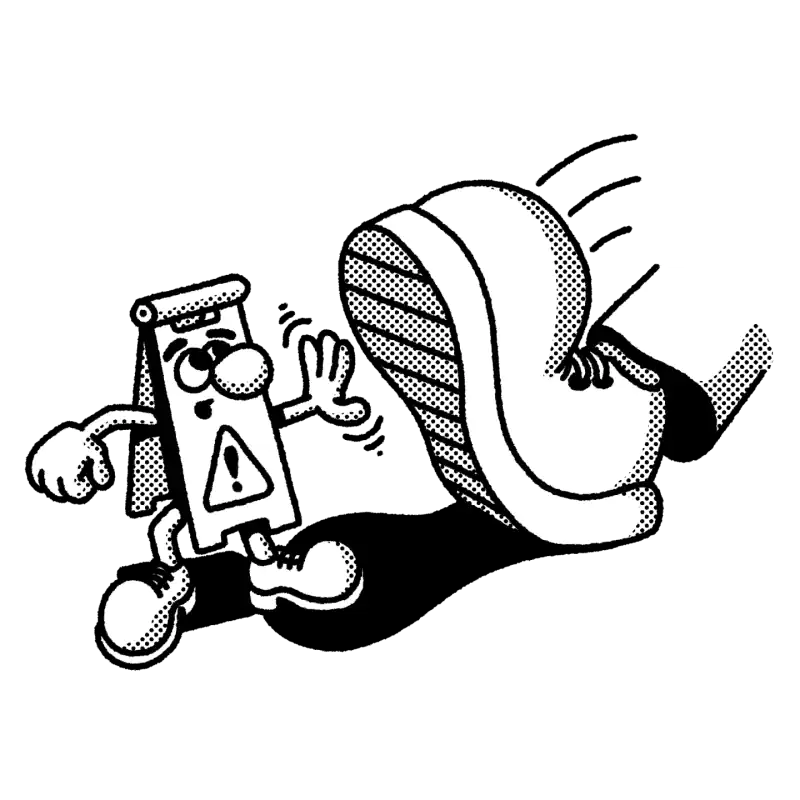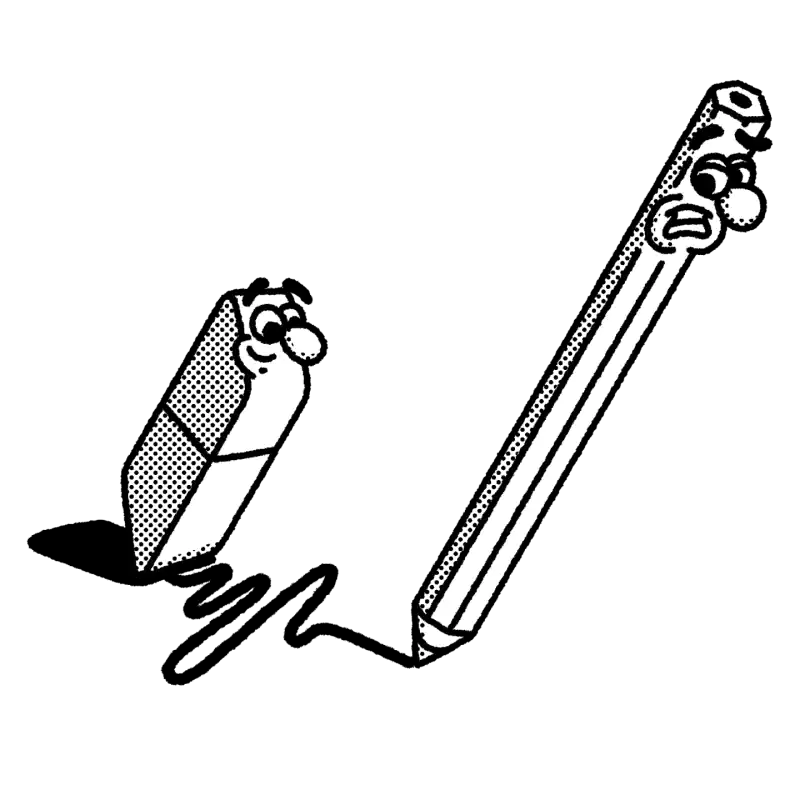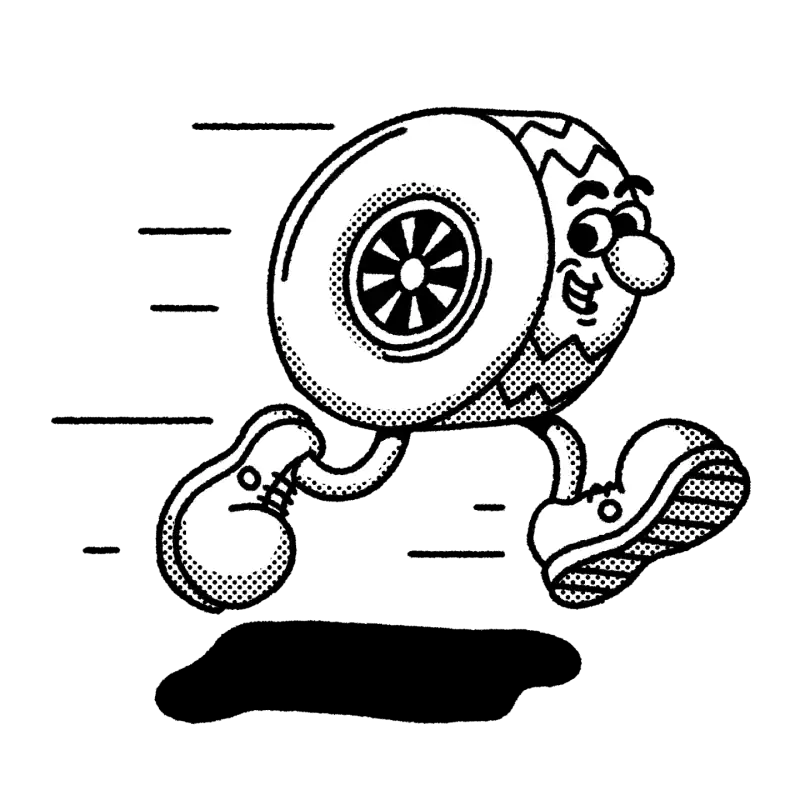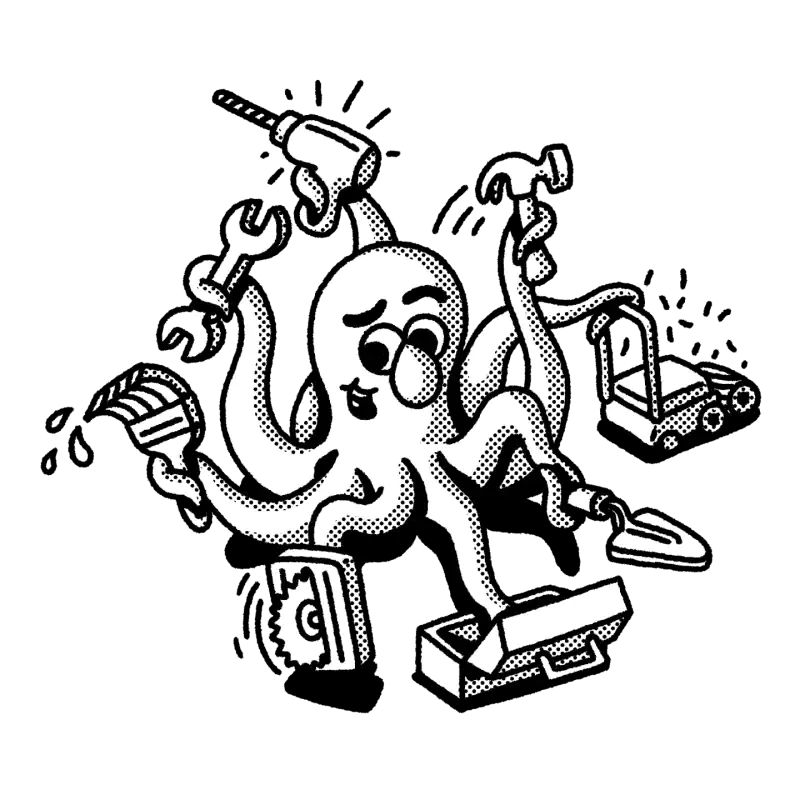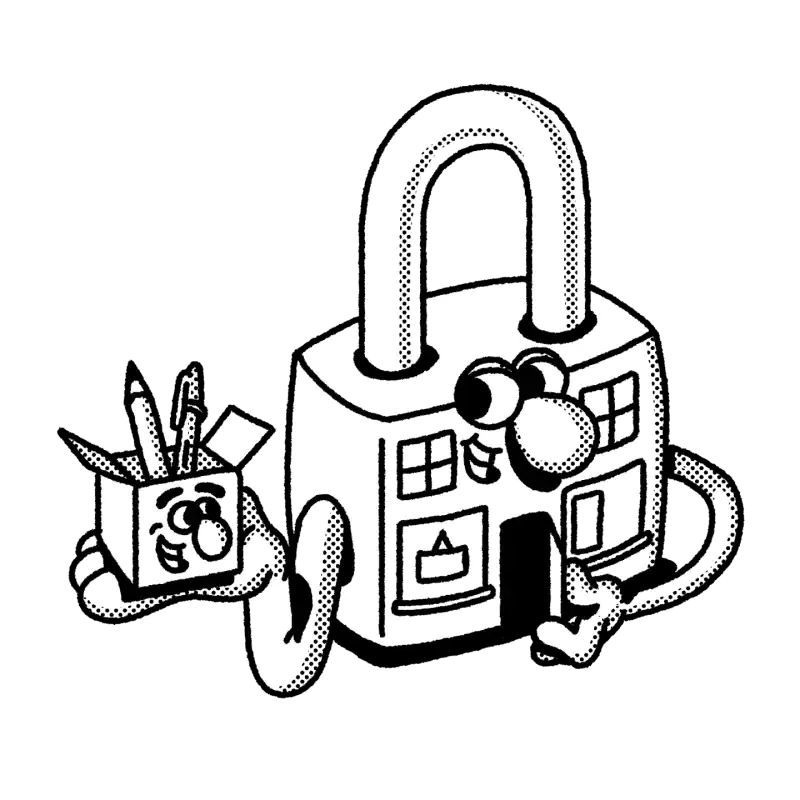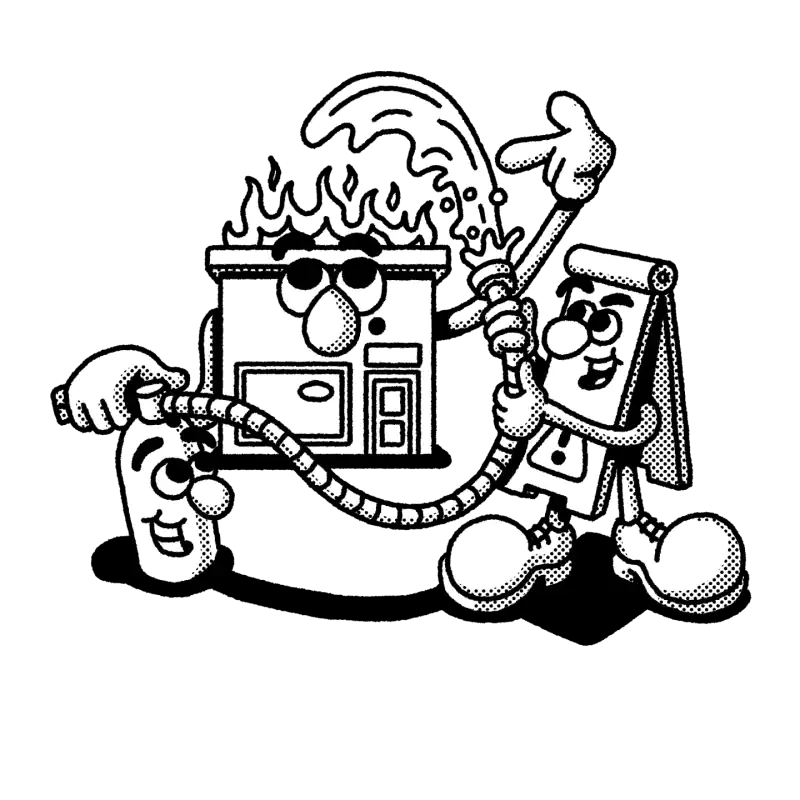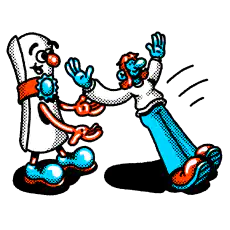Actual cash value and business insurance
Most of us have experience with actual cash value when it comes to buying cars. We all know a new car costs more than a used one, and one with high mileage costs less than one with low mileage. Depending on age and wear and tear, the same make and model car can have very different actual cash values.
This idea is important for small business owners to understand because actual cash value is one of two ways an insurance company will pay for commercial property claims that involve repairing or replacing damaged property. (The other is replacement value. We’ll get to that later.)
With actual cash value, you don’t get money to replace what was damaged; you get money for what it was worth at the time it was damaged. The difference in value between what you paid and what it’s worth today is called depreciation.
How actual cash value works
Say you have a cleaning business and rely on a pressure washer that cost $3,000 when you bought it new two years ago.
Suppose your property gets vandalized and the pressure washer is damaged beyond repair. With actual cash value, your insurance wouldn’t pay for a new pressure washer outright.
Instead, your insurer will determine how much life the pressure washer had left in it, then multiply that by the replacement cost. So, if they say pressure washers generally last five years, and yours still had three left, that means it has 60% of its life left.
If a replacement today costs $3,500, your insurer will multiply that by 60% and come to $2,100 as the actual cash value of your pressure washer.
When your $3,000 machine gets damaged, you’ll only get $2,100 (minus your deductible) to help purchase a $3,500 replacement. That’s how actual cash value works — the depreciation of your original equipment determines what percentage of a replacement your small business insurance will cover.
Does NEXT pay actual cash value or replacement value?
At NEXT, we like things simple — that’s why we only offer replacement value with our commercial property policies.
Actual cash value vs. replacement value
The other way insurance companies pay for a commercial property claim is with replacement value.
With replacement value coverage, the insurer pays for a new replacement for whatever was damaged. So, when that two-year-old pressure washer you bought for $3,000 gets damaged, the insurance company will cover you for the full $3,500 it costs to purchase a replacement (minus your deductible).
With replacement value, whatever gets damaged gets replaced with new equipment, up to your policy limits, no matter how old or used it was. Pretty simple.
Seeing the benefits of a replacement value policy, you might wonder why you want an actual cash value policy. Seems like a raw deal, right?
Well, if you work in an industry where you can easily find acceptable used items to replace the damaged ones, an actual cash value policy could be right for you.
Additionally, actual cash value policies are generally cheaper than replacement value policies. So if you need to lower your premiums, actual cash value might be the way you have to go. After all, a little help to pay for a replacement is better than no help at all.
How NEXT makes business insurance simple
At NEXT, we like replacement value policies because they’re simple and fast. This allows us to resolve most claims in 48 hours, helping you get back to business as quickly as possible.
You can start a quote, customize your options and access your certificate of insurance online immediately — in about 10 minutes.
